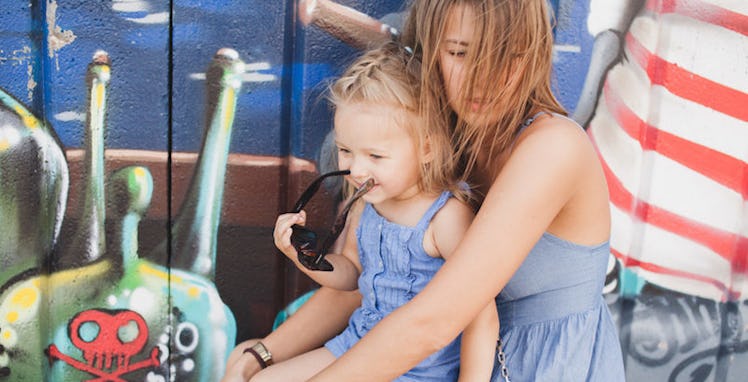
Why Chivalry Is An Outdated Concept In Today's Workplace
Chivalry is defined by the Merriam-Webster dictionary as, "the system of values (such as loyalty and honor) that knights in the middle ages were expected to follow," or "an honorable and polite way of behaving, especially toward women."
For generations, people have been insisting chivalry is dead. Well, so is the feudal system.
Chivalry originally referred to the values a knight was supposed to live by, like dying for your feudal lord, wearing heavy armor and other knightly things like riding a horse.
Chivalry was a serious thing between the 9th and 15th century, then it turned into a thing that pertained to how men should treat women. Look at it this way: Chivalry became how a woman's "knight in shining armor" was supposed to behave.
Today, in the 21st century, chivalry is a set of expectations: open a woman's door, pull out a woman's chair, allow a woman to enter the room first, allow her to exit the room first, etc.
It is, for the most part, seen as polite, courteous and a sign of good values. That is exactly how I view such actions; however, I believe these actions do not belong to a certain gender, nor do they belong in very specific areas of our lives.
As a feminist, I believe men and women are equal and should always be treated as such. Chivalry shouldn't be strictly an expectation of men; it should be an expectation of all people.
Every woman or man should be expected to hold open a door for anyone as common courtesy, to express gratitude, to offer a helping hand, etc. If we all behaved like this, however, it would be a constant game of, "No, you first" and nothing would get done.
That is why chivalry should be at least sort of dead. It does have a place in our progressive society if (and that's a key word) we do it right.
Recently, I began working for a corporate company where the majority of the workforce is made up of middle-aged men.
From day one, the majority of my male coworkers have opened doors for me, asked me to please exit the elevator first, allowed me to go ahead of them at the café salad bar, etc. God forbid I hold a door open for a man or insist he go before me.
All of these things are nice gestures I experience every day, and I always make sure I express appreciation for such actions. But day-in and day-out, I am made aware that I am a female, and in turn, do not feel equal with my male counterparts in my work place.
When I am at work and a man opens a door for me when it is inconvenient for him, or when he opens a door and stands back so that I may cross the threshold first, I do not feel equal.
When I am at work in an elevator with a man, we reach our floor and he insists I exit first, I do not feel equal. When I am at work and a man allows me to enter a line ahead of him, I do not feel equal.
What do I feel? Well, it's complicated. I am appreciative, yet I am frustrated. I am cordial, but inside I'm screaming, "I CAN OPEN MY OWN DAMN DOOR!"
My point is the workplace is no place for chivalry. Generally speaking, with classic gender roles being taken into consideration, it is a man treating a woman in a different capacity than he would another man.
It is unbalanced; your work environment is supposed to be an even playing field. I can't feel like I'm on a level playing field when every man is opening every door I have to walk through. You planning to open up that glass ceiling for me, too?
Where does chivalry belong? For starters, in relationships, chivalry is romantic! Opening a door for a girl, or giving her your jacket when she's cold is always a kind and thoughtful gesture.
So, I know I said, "Chivalry should be dead," but I also said, "sort of." Just like anything, there's a time and a place for chivalry, and being a good person in general should always trump society's definition of gender roles.
Photo Courtesy: USA Networks/Suits